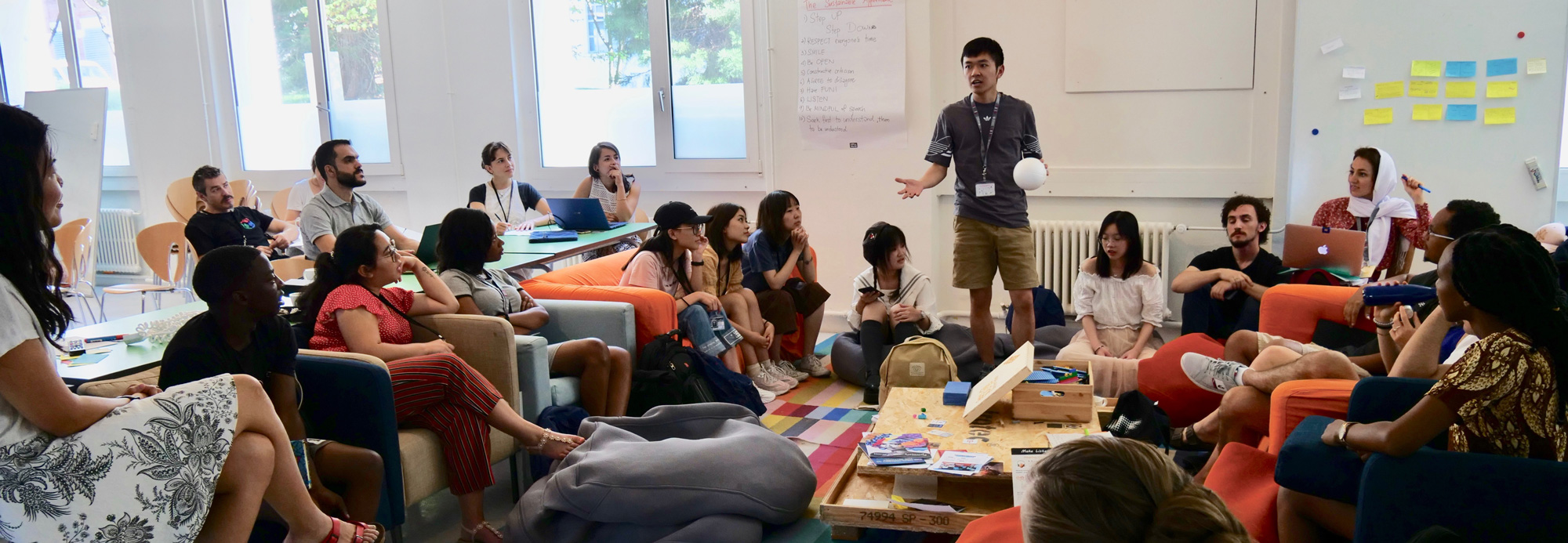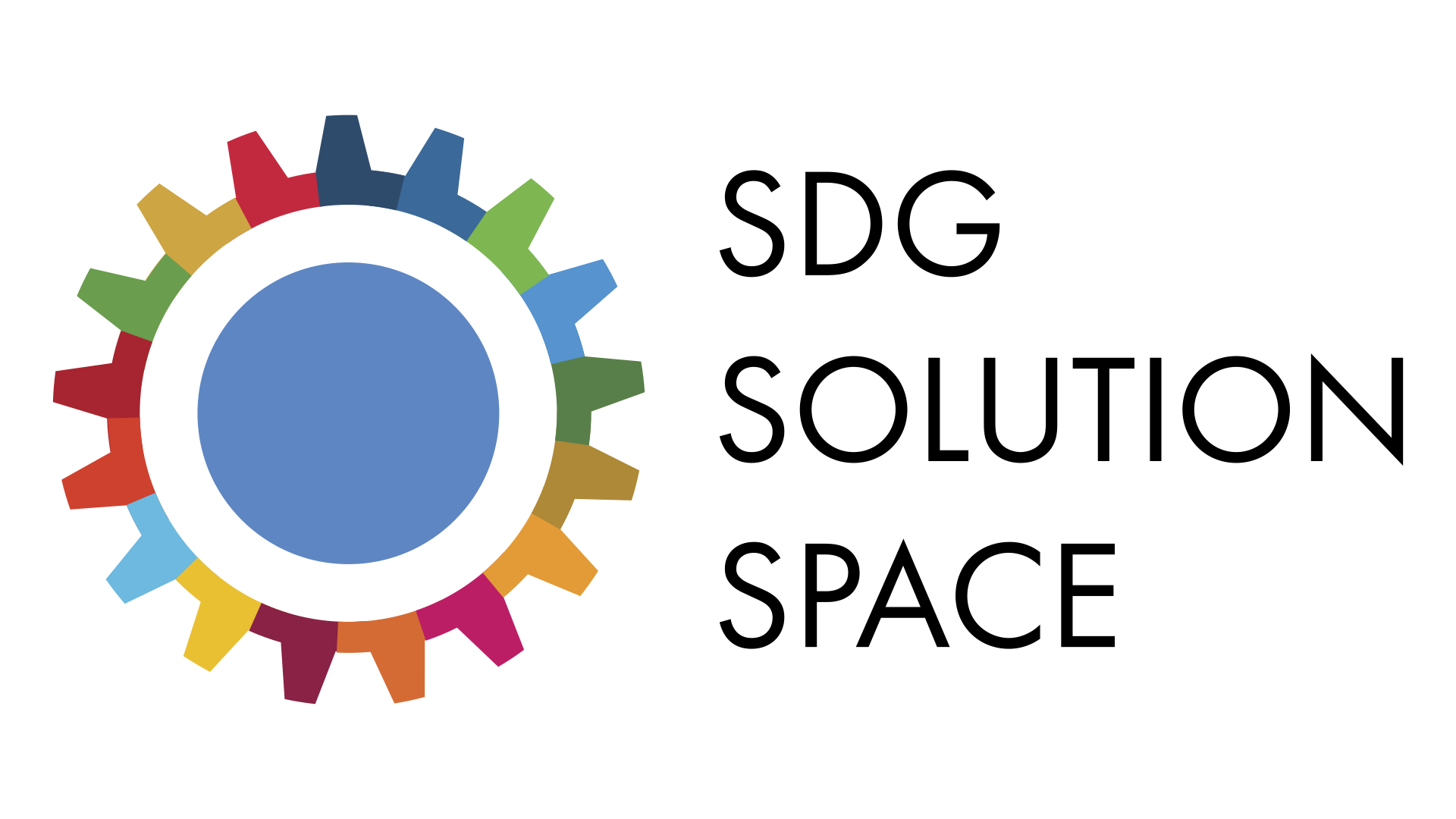
SDG Summer School
Open Source Health Solutions
3-28 July 2023 in Geneva, Paris and around the world
Registration Deadline (extended deadline Schengen applicants): 8 June 2023
The SDG Summer School is all about challenge-based innovation, with the challenges coming from key players in global health, like The Global Fund. It is open to Bachelor and Master students from around the world.
KEY INFORMATION
- A one-month format taking place in several innovation spaces around the globe (Geneva, Paris and Shenzhen were host cities in 2022)
- Teams selected for their complementary skills (medicine, biology, law, business, IT, design etc) and their abilities to jointly develop out-of-the-box solutions.
- Challenges mentored by practitioners in International Organisations and leading global health researchers in participating academic institutions.
- Each team coached by a PhD student who has relevant research experience and a clear interest in tackling the team’s specific challenge.
- A chance to learn hands-on about open science tools and methodologies (open data, open source hardware and software, citizen science)..
- An emphasis on rapid prototyping of solutions and an evaluation through weekly pitching sessions and careful project documentation.
- The summer school is worth 6 ECTS credits for undergraduates and 2ECTS for PhD coaches, if approved by the student’s home university.
Find out more and apply
Extended application deadline for Schengen applicants
8 June midnight CET
SDG Summer School in Geneva
SDG Summer School in Paris (apply via Geneva Summer Schools)
Here are some of this year’s challenges:
Geneva Challenges
- Monitoring access and usage of insecticide treated nets to prevent malaria
- Digital self-administered TB treatment patient support and monitoring
- Using AI to provide vulnerable individuals online with appropriate content on HIV/AIDS
- Antimicrobial exposure in early life
- Introducing health in the curricula of sport in Africa
- Using blockchain for menstrual health solutions
Paris Challenges
- Developing an open-source dialysate manufacturing machine for resource-limited settings
- Reimagining open-source diagnostic tools for point-of-care testing and surveillance in resource-limited settings.
- Developing innovative interventions to improve health education about noncommunicable diseases
- Developing interventions and devices for non invasive stress monitoring and mitigation
- Design for disability: an accessible world to empower all kinds of bodies
- Use AI to make education more accessible to kids with learning troubles or handicap
- Modeling, simulation & citizen science participation for disaster management & monitoring of biodiversity
Read about last year’s challenges and results in our SDGZine.

